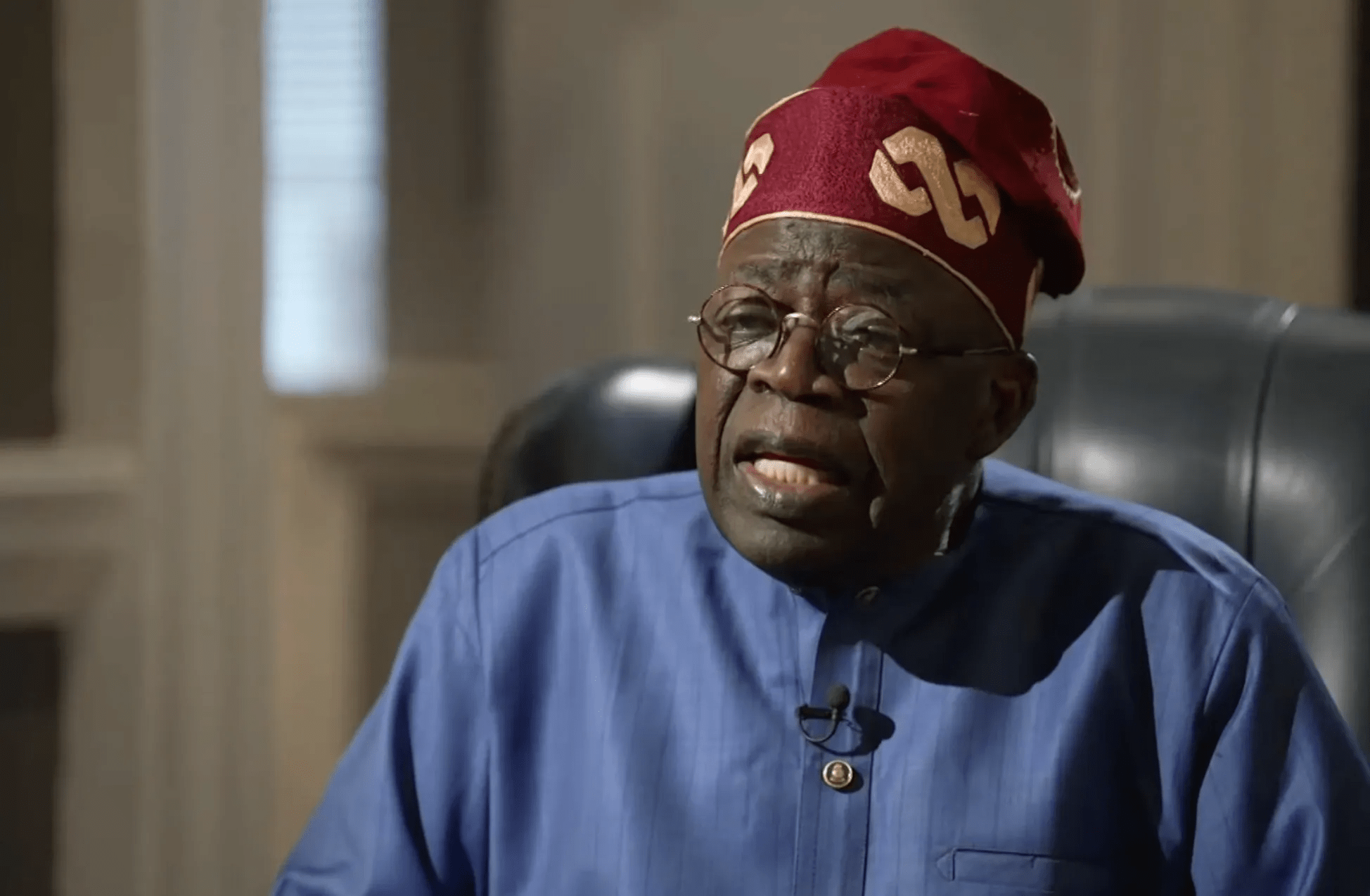As President Bola Ahmed Tinubu prepares to mark one year in office, the focus would be on his performance since his assumption of office on May 29, 2023. His election marked a critical moment in Nigeria’s political history, evoking both expectations and scrutiny. This is often the case. In doing this however, the majority of the analyses I have so far read or listened to do not do justice to the dire economic challenges that confronted Nigeria prior to the president’s swearing in. In my view, a proper analysis of the president’s performance in the last one year must be properly contextualised. I intend to take the unpopular route in this article. I intend also to also chip in my advice on some of the “little things” the president needs to do, especially for the downtrodden.
It is on record that President Bola Tinubu inherited a sluggish economic growth, record debt and shrinking oil output. He also had zero budget for fuel subsidy. These challenges have made life tough for Nigerians. Nigeria’s debt ballooned by nearly 60% since 2015, hitting $103 billion in early 2023, according to the Debt Management Office. When we add off-book loans from the Central Bank of Nigeria, we are looking at N77 trillion ($167 billion). It is this situation that led finance experts to assert that the portion of revenue needed to service the debt is alarming at over 90%.
In January 2023, ratings agency Moody’s downgraded Nigeria, citing those figures. According to some calculations, debt servicing costs surpassed revenue last year. Nigeria’s shockingly low levels of government revenue also raised questions around its ability to spend to boost growth. The debt pressures are symptomatic of that lack of government revenue.
Some of the revenue troubles stem from rampant, industrial-scale theft that in 2023 pressed oil output to its lowest in more than 30 years. Oil and gas typically fund half of Nigeria’s budget and 90% of our foreign exchange. Continued theft, underinvestment and industrial disputes, hinder output. On top of this, crippling fuel subsidies drain what is left from oil sales. Fitch Ratings estimated that the implicit petrol subsidy has cost the government approximately 2.4% of GDP in foregone revenue. Experts say taming the subsidy, and boosting oil output, are the sure path away from an economic conundrum.
The previous administration created a complicated web of official and parallel exchange rates in an effort to support the embattled naira. It also created a long list of items banned from using central bank foreign exchange. This policy, businesses say, resulted in widespread dollar shortages that impacted negatively on growth, while investors say the difficulty in getting money out of the country has strangled investment. The Tinubu administration began tackling this through its monetary and fiscal policies especially as inflation hit a nearly two-decade high, eating into savings and salaries.
There are also multifaceted security challenges. The country’s six geopolitical zones are faced with one or more forms of insecurity from banditry, kidnapping, separatist agitations, assassinations, farmer-herder clashes, and communal clashes, coupled with over a decade-long fight against Boko Haram terrorists.
These were the challenges Tinubu inherited last year. In order to forge ahead, he needed to take tough economic decisions. He removed the crippling fuel subsidy regime which all the presidential candidates in the 2023 election said they would do too. He liberalised the foreign exchange market and constituted a high-powered committee to look at tax issues. These steps – which are painful, no doubt – are necessary because Nigeria’s many problems need to be addressed urgently for various reasons. The population of the country is growing and based on projections, it is expected to be the third most populated country in the world by 2050. Also, the country is witnessing a brain drain due to citizens leaving the country for socioeconomic reasons, among others.
So, how do I appraise the president’s performance in the last one year?
Given the prevailing circumstances highlighted above, I will affirm that the president has done well in the last one year. He has laid a solid foundation for economic growth. President Tinubu is resolutely focused on policies and actions that will attract long-term local and foreign investments to Nigeria, knowing that every naira and dollar of new investment in the country means new jobs, increased productivity for local consumption and for export, and much-needed economic growth. For these investments to happen, the business environment must be conducive. This is what is fueling the painstaking rebuilding of the credibility and capacity of the Central Bank of Nigeria. It is also why we have extensive tax and fiscal reforms ongoing, to reduce the burden on businesses.
The establishment of the Renewed Hope Infrastructure Development Fund (RHIDF) is worth mentioning at this stage. The RHIDF is geared toward mobilising billions of dollars for critical infrastructure projects like roads and highways, airports and seaports, power plants, and much more. Since he assumed office, the president has undertaken several foreign trips engaging with local and foreign investors with remarkable success. This economic diplomacy has seen investment commitments in excess of $30 billion, across various sectors.
Equally of importance is the repositioning of the National Social Investment Programme (NSIP). The NSIP is the signature project of the APC in reaching vulnerable Nigerians. The repositioning is to ensure that it delivers maximum value to the intended beneficiaries, without the distortion of middlemen. This vision of targeted economic relief has also led to the launch, in recent weeks, of the Nigerian Education Loan Fund (NELFUND) and the Nigerian Consumer Credit Corporation (CrediCorp), and a Presidential Compressed Natural Gas (CNG) initiative to provide a cheaper alternative to petrol and diesel for transporters.
The government has also, in the last year, provided direct and targeted economic relief and benefits to boost the livelihoods of Nigerians. The reliefs include grants, education loans, food and fertilizer distribution, cash transfers, health insurance, and consumer credit. Disbursement has since commenced of the nano-grants of fifty thousand Naira each intended for one million Nigerians, part of a larger 200 billion Naira MSMEs credit programme. Understanding the desirability of these grants, the president recently spoke at the World Economic Forum meeting in Riyadh, Saudi Arabia, he said, “Concerning the question of subsidy removal, there is no doubt that it was a necessary action for my country not to go bankrupt and to reset the economy and the pathway to growth. It was going to be difficult, but the hallmark of leadership is making difficult decisions when they need to be made.”
The liberalisation of the forex market was one of the measures taken by the Tinubu administration in its early days. On this the president said, “The currency management was necessary, equally to remove the artificial element of value in our currency. Hence, our local currency finds its level and competes with the rest of the world’s currencies as we remove corrupt arbitrage and opaqueness.” President Tinubu wants to build a Nigeria that is confident and competitive on the global stage. Because of this, we can no longer afford certain ways of doing things. We must push past the false comfort of certain ingrained habits and practices, and endure inevitable but temporary discomfort, because we are certain that ahead of us lies lasting reward.
President Tinubu also campaigned on providing a student loan which he did with the setting up of the Students Loan Act. When issues were raised regarding some aspects of the Act, the president promptly ordered adjustments. He later sent the Act back to the National Assembly, where it was revised in record time, and returned for presidential assent. Today we have a much-improved Act that will deliver even greater value to the young Nigerians for whom it is intended.
I am confident that as the implementation of the first full-year budget of the Tinubu administration gathers momentum, Nigerians will increasingly see, across all sectors of the economy, concrete manifestations of the renewed hope they ushered in a year ago. While Nigeria is facing economic challenges, it is essential to view these challenges as opportunities for positive transformation. By embracing comprehensive economic reforms, prioritising social welfare, creating job opportunities, accelerating infrastructure development, and fostering inclusive governance, Nigeria can move faster on a path of sustainable growth and development. The collective effort of government, private sector, and citizens is paramount in shaping a future where economic policies are not just markers of change but catalysts for progress and prosperity for all.
Going forward, I would like to advise President Bola Tinubu to continue his high-powered engagement with the 36 state Governors and the National Assembly, especially in the area of fast-tracking Local Government autonomy. I am passionate about the LGs because they are established to ensure effective governance at the grassroots. The essence is to allow the local government specific powers to perform a range of functions assigned it by law and to perform an array of functions, plan, formulate and execute its own policies, programmes and projects, and its own rules and regulations as deemed for its local needs. One of these policies should center on security and employment generation. If this is done, the security challenges and the high rate of unemployment the country is presently grappling with can be nipped in the bud.
Continue online @www.dailytrust.com
Senator Abu Ibrahim was a member of the 6th, 7th and 8th Senate of the Federal Republic of Nigeria

 Join Daily Trust WhatsApp Community For Quick Access To News and Happenings Around You.
Join Daily Trust WhatsApp Community For Quick Access To News and Happenings Around You.


